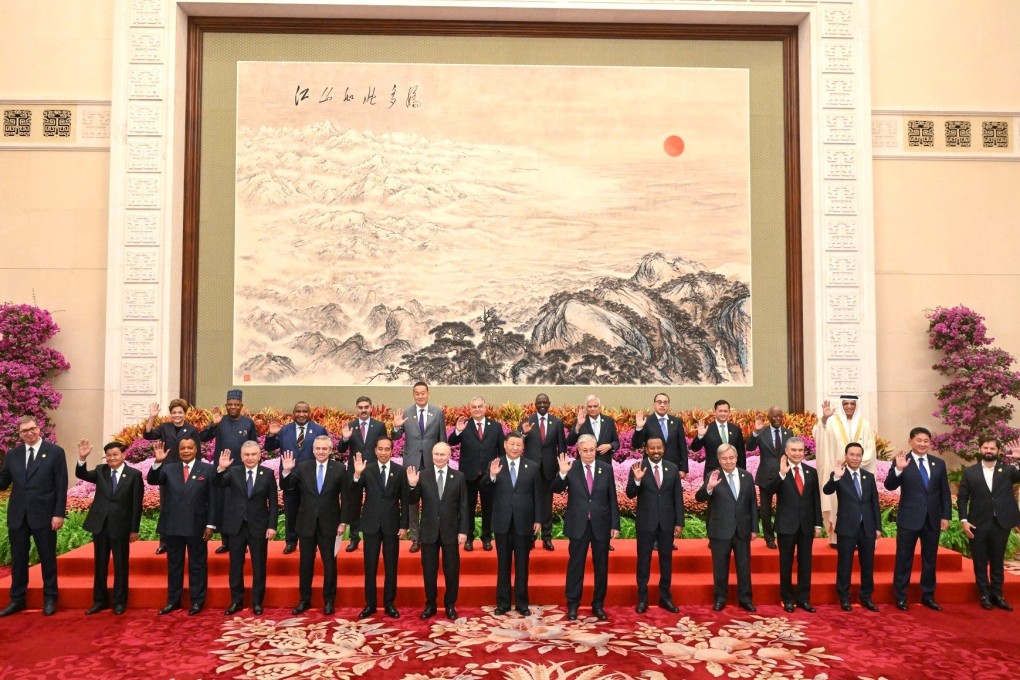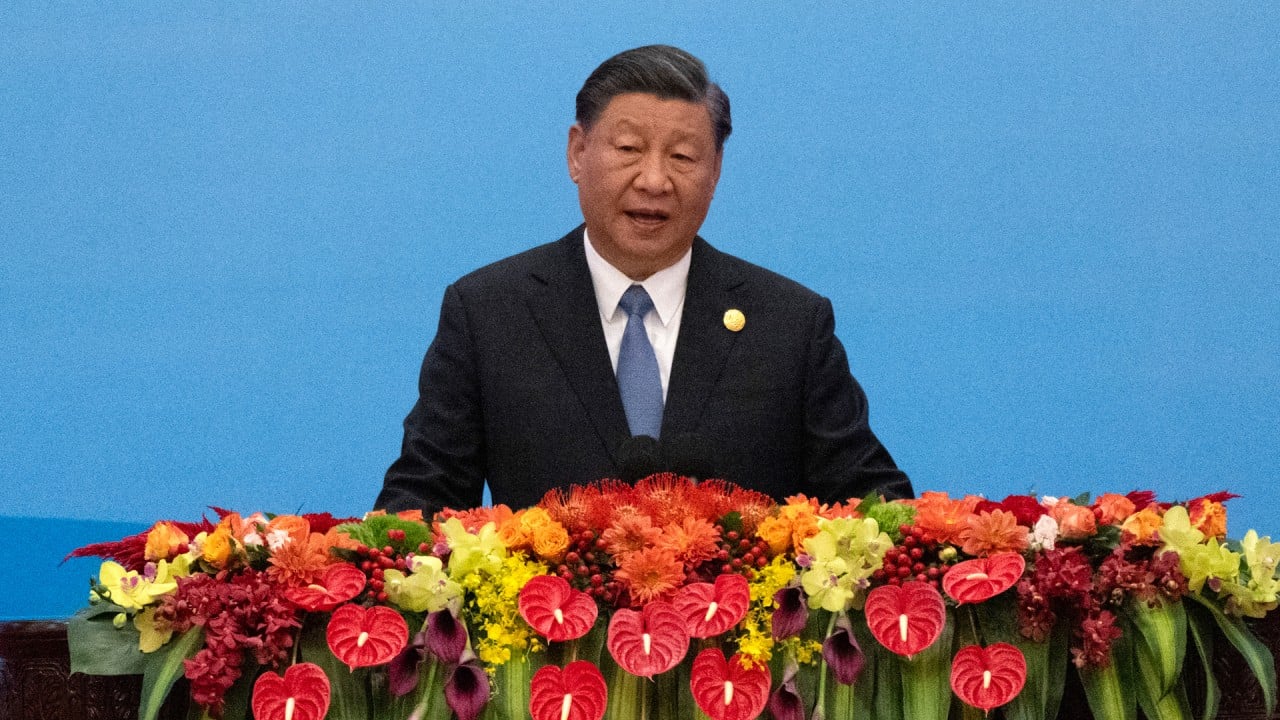Advertisement
Global Impact: Xi Jinping, Vladimir Putin top the bill as China pledges US$107 billion for Belt and Road Initiative
- Global Impact is a weekly curated newsletter featuring a news topic originating in China with a significant macro impact for our newsreaders around the world
- In this issue, we look back at the third Belt and Road Forum for International Cooperation, which marked the 10th anniversary of the initiative
Reading Time:7 minutes
Why you can trust SCMP
1

Global Impact is a weekly curated newsletter featuring a news topic originating in China with a significant macro impact for our newsreaders around the world. Sign up now!
Despite growing questions about the Belt and Road Initiative, President Xi Jinping told world leaders this week that Beijing remains committed to investing more and has a new vision for the signature project as it enters its second decade.
As the country’s biggest and arguably most important diplomatic charm offensive this year, the third Belt and Road Forum for International Cooperation concluded on Wednesday in Beijing, where security was significantly tightened for the event.
The Chinese leadership touted the two-day summit as another “milestone” for the Belt and Road Initiative, having delivered “far more” than the previous one held in 2019.
Speaking at the opening ceremony, Xi pledged the equivalent of US$107 billion to the project for the next five years as part of an eight-point action plan, matching a commitment given over the same timescale in 2017.
More than 20 heads of state or government – including Russian President Vladimir Putin – descended on the Chinese capital city to join the gathering that marked the 10-year anniversary of the mega international development strategy.
Advertisement
